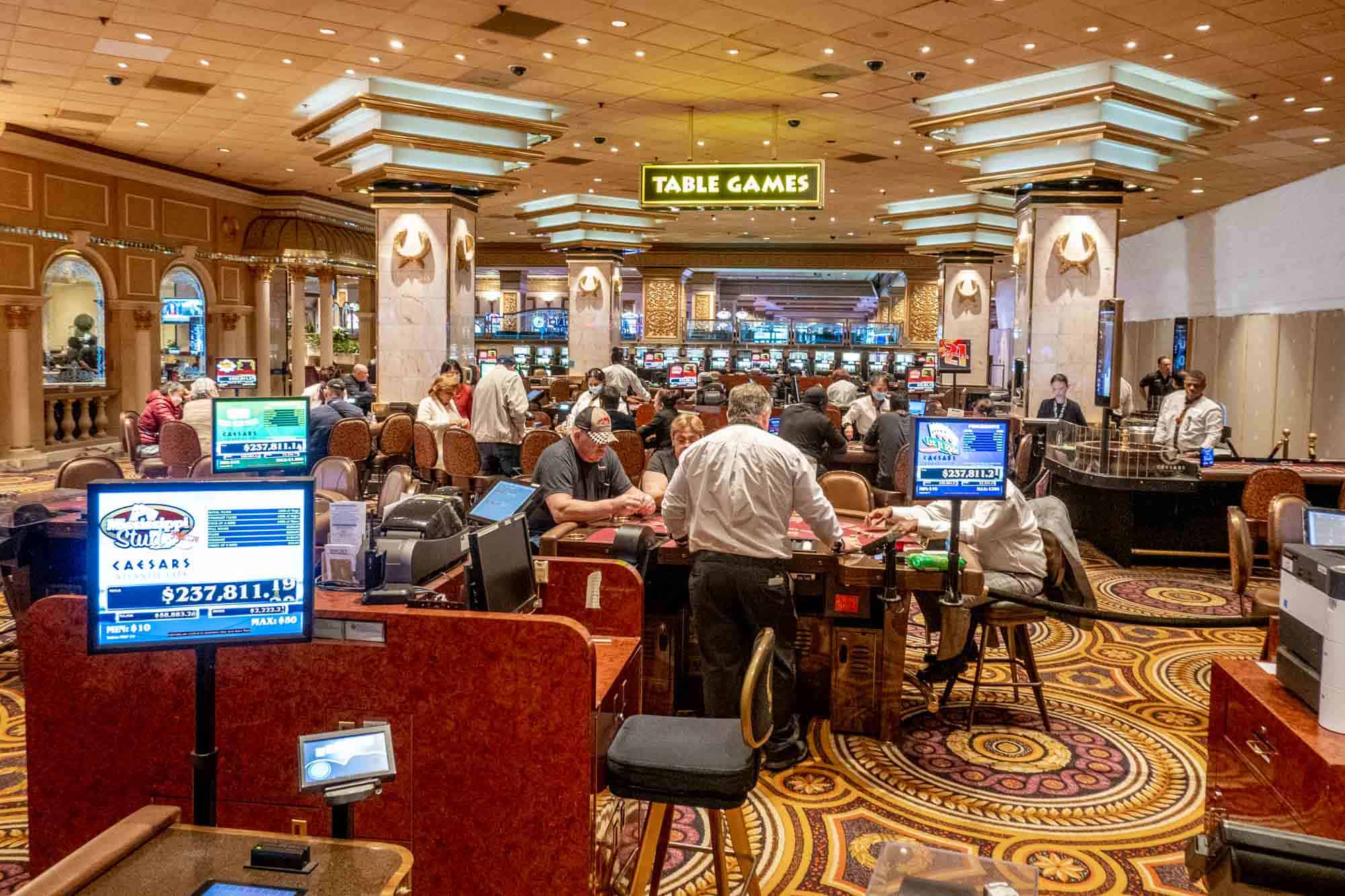
Casino games have fascinated players for ages, offering a exciting mix of luck and strategy. If you enjoy the rotating wheels of a poker machine, the adrenaline of a game of poker, or the elegance of roulette, understanding the odds behind these games can greatly improve your experience. Numerous newcomers to the casino environment are often baffled by the variety of games on offer and the apparently intricate mathematics that drives them.
Knowing the odds related with each game is essential for making smart calls and overseeing your bankroll efficiently. This guide will clarify the basics of the odds in casino games, enabling you to grasp what the statistics mean and how they can impact your gameplay. RTP slot By gaining a better understanding with the probabilities and payoff potential, you can engage with each game with increased assurance and insight, turning your time at the gaming establishment into a more pleasurable and strategic adventure.
Categories of Casino Games
Gambling titles can be generally categorized into two main categories: card games and digital games. Card games are enjoyed on a specific table and usually involve a croupier. Common card games include 21, poker, roulette, and baccarat. These games often feature tactical decisions, allowing players to affect the result based on their choices and skills. The communal nature of table games attracts many players, making them a staple of any gambling establishment environment.
Digital titles, on the other hand, include slot machines, video slots, and digital adaptations of classic titles. These games are tailored for individual gaming and usually provide a fast-paced gaming experience. Fruit machines are particularly popular due to their variety of themes, exciting visuals, and the potential for large jackpots. Players appreciate the ease of engaging with digital games at their own pace, with many gaming establishments offering a varied selection of devices to cater to different tastes and budgets.
In addition to these main types, there are also specialty titles that do not fit neatly into either category. These can include games like lotto, bingo, and instant win cards. Unique games often have distinct mechanics and rules, providing players with more options for fun. Casinos frequently launch new games to maintain the offerings updated and attractive, ensuring there’s something for all in the world of gambling gaming.
Understanding Odds
Probability is a basic concept in gambling that helps gamblers gauge their chances of winning. It is characterized as the probability of an situation occurring, expressed as a decimal or proportion. In the realm of games of chance, comprehending the likelihood of specific outcomes can greatly influence a player’s tactics and decision-making process. Each game has its own distinct set of probabilities, based on the regulations and dynamics that control it.
For instance, in a game of blackjack, players need to think about the chances of being dealt specific hands and the likelihood of losing when hitting. Likewise, in games like number games, each number on the wheel has the same probability of being hit, but various bets possess diverse degrees of risk and payout. By getting to know themselves with these odds, gamblers can make smarter choices about their stake and potential payouts.
Furthermore, the concept of the house advantage plays a crucial role in understanding probability in gaming. The house edge refers to the edge that the casino has over gamblers in any specific game. This advantage can be determined based on the chances of multiple outcomes and affects the overall odds of winning. Understanding the house edge in each situation can help players control their hopes and develop plans that boost their likelihood of profit.
Casino Advantage Explained
The house edge is a fundamental concept in casino games that refers to the statistical advantage that the casino has over players. This percentage indicates how much of each bet you can expect the house to retain over time. For example, if a game has a casino advantage of 5 percent, it means that for every $100 wagered, the casino retains an estimated of $5 in the long term. Comprehending the house edge is important for players as it gives insight into the games are more favorable and where they might lose their money more quickly.
Different gambling games come with different levels of casino advantage. Slot machines often have a greater house edge compared to activities like 21 or poker, which can have a significantly lesser house edge when played optimally. This variation is because of the characteristics of the games, payout systems, and whether players can use strategy to lessen the edge. Players should consider these differences when choosing the games to play, as those with a smaller house edge will typically offer more favorable odds for longer-term play.
It is crucial to understand that the house edge does not guarantee that players will fail in the near future. While it is a statistical average calculated over a significant number of games, single gaming sessions can vary greatly due to luck. However, over time, the house edge ensures that the house remains profitable, which is the reason grasping this concept is vital for anyone wanting to have fun their time in a casino while adjusting their expectations regarding potential wins.
